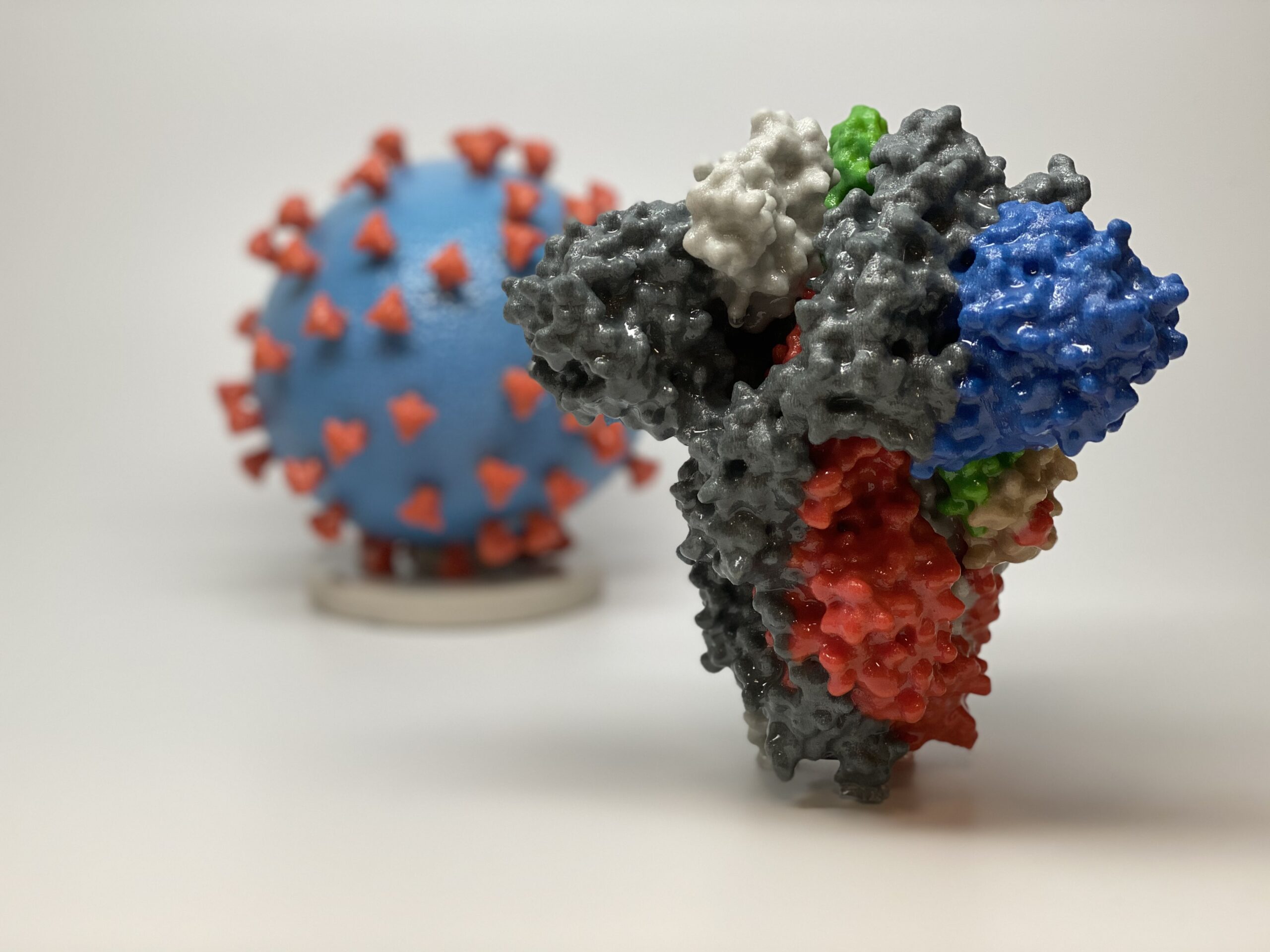Covid-19’s spike protein may contribute to blood vessels secreting fluids into a person’s body, which can lead to severe health outcomes like respiratory failure, according to a study from researchers at the University of California Berkeley.
The study, published Friday in the journal Nature Communications, found that the spike protein on Covid virus particles can damage the walls of blood vessels throughout the body, causing a condition known as vascular leak.
As a result, plasma and other fluids carried in blood vessels can lead to the lung and heart damage that often occurs in severe Covid cases.
Blocking the protein’s damage to blood vessels could thus help prevent some of the virus’ most serious symptoms and outcomes, according to the researchers.
“In light of all the different variants that are emerging and the difficulty in preventing infection from each one individually, it might be beneficial to focus on these triggers of pathogenesis in addition to blocking infection altogether,” said Scott Biering, a UC Berkeley postdoctoral scholar and lead author of the study.
The spike protein can act similarly to the dengue virus protein NS1, according to the researchers. The dengue virus, spread by infected mosquitoes, can also cause vascular leak and lead to organ failure due to severe loss of blood or other fluids that make the heart pump.
The researchers also noted that the spike protein does not cause symptoms on its own, instead working alongside a viral Covid infection to cause serious illness.
“We had identified this protein secreted from dengue virus-infected cells that, even in the absence of the virus, is able to […] disrupt internal barriers,” said Eva Harris, a senior author of the study and an infectious disease and vaccinology professor at UC Berkeley.
“So, we wondered if a SARS-CoV-2 protein, like spike, might be able to do similar things,” Harris said.
The results of the study and future analysis could eventually help medical and scientific researchers develop new treatments for Covid that could specifically prevent serious illness.
“We have better vaccines now, but we don’t know how the virus is going to mutate in the future,” Biering said. “Studying this process may be able to help us develop a new arsenal of drugs so that if someone is experiencing vascular leak, we can just target that.”
Copyright © 2022 Bay City News, Inc. All rights reserved. Republication, rebroadcast or redistribution without the express written consent of Bay City News, Inc. is prohibited. Bay City News is a 24/7 news service covering the greater Bay Area.
